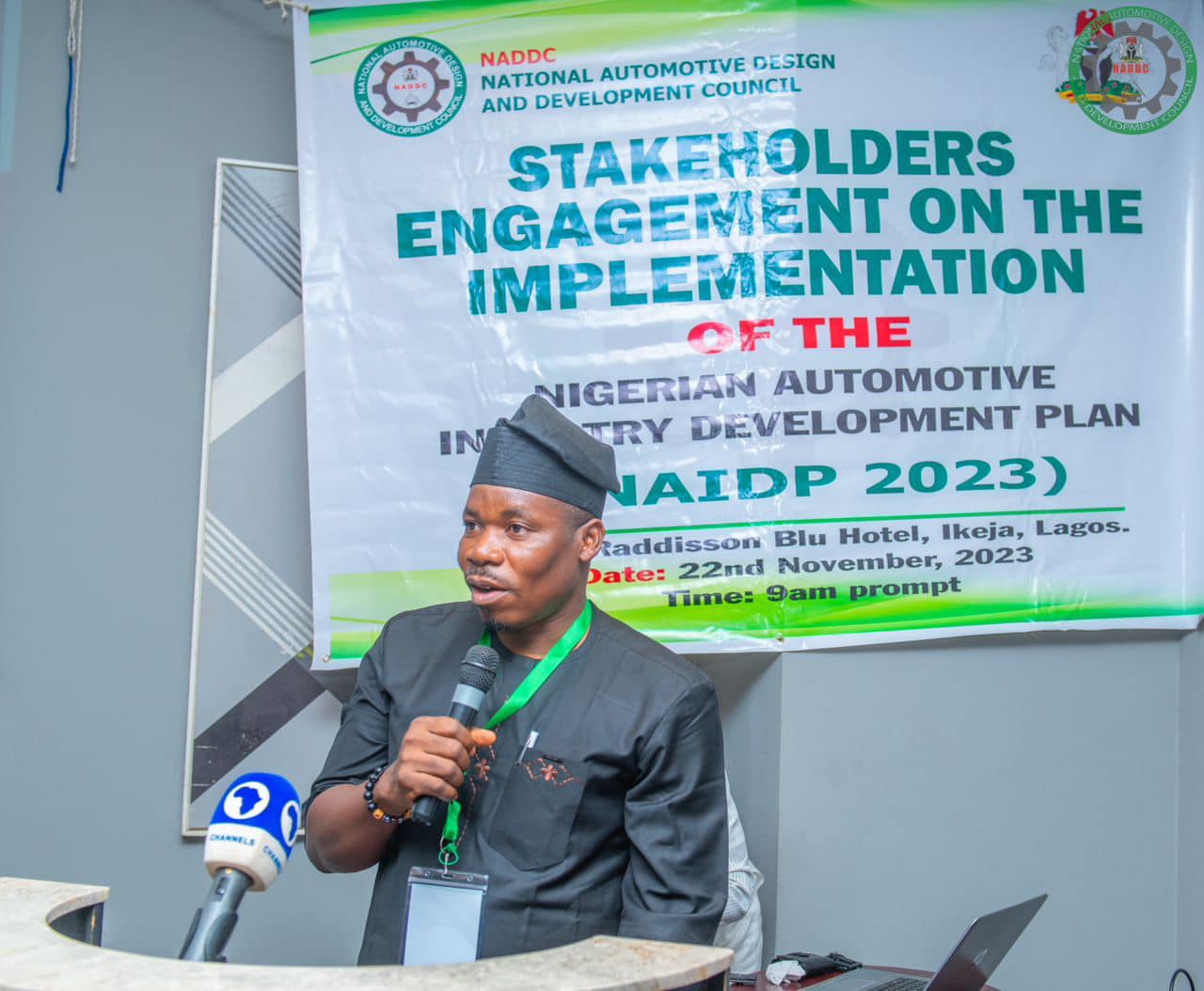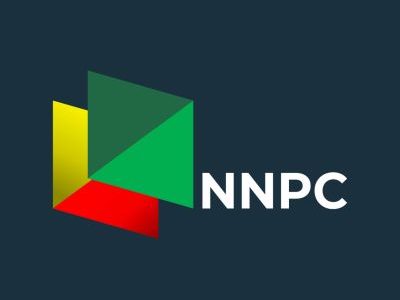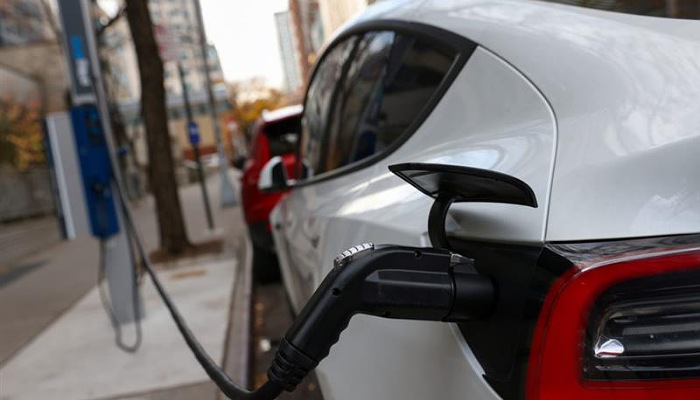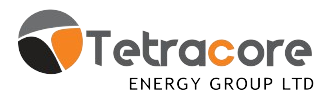
The Director-General of NADDC, Joseph Osanipin, made the assertion at a Nigerian Auto Industry Summit on Thursday in Lagos.
The summit was organised by the Nigeria Auto Journalists Association, NAJA, in collaboration with the NADDC.
It had the theme: ”Developing Nigeria’s Economy through the Auto Industry”.
Mr Osanipin, quoting the National Bureau of Statistics Report, stated that, in 2023, the value of passenger car imports jumped to ₦1.47 trillion, indicating 224.67 per cent increase from that of 2022.
He urged that the trend should change.
“We must strive towards a future where Nigeria is not just a consumer, but also a producer of high-quality automobiles, and this is in line with the Renewed Hope Agenda of Mr President.
“The good news is that we are already making strides.
“Nigeria has a number of local assembly plants in operation, and government is more than ever committed to seeing the industry thrive,” he said.
He said that NADDC was dedicated to supporting the development of a vibrant domestic automotive industry and was working on several initiatives to achieve the goal.
He listed the initiatives to include implementing the Nigerian Automotive Industrial Development Plan.
According to him, the plan provides a roadmap for the industry’s growth, outlining strategies/incentives for attracting investment, developing local content, and creating jobs.
He also said that the success of the Nigerian automotive industry hinged on collaboration.
Osanipin said that the association was ready to work with stakeholders to ensure progress.
“The future of the Nigerian automotive industry is bright.
“The inauguration of the Implementation Committee of the 2023 National Automotive Industry Development Plan and the adoption of locally-assembled Compressed Natural Gas (CNG)-powered vehicles by the Federal Government is proof of its desire to ensure the development of the sector.
“Nigeria has the potential to become a vehicle manufacturing centre for the West and Central African region.
“Let us use this summit as a springboard to propel the Nigerian automotive industry towards a brighter future,’’ he said.
The Minister of Industry Trade and Investment, Dr Doris Uzoka-Anite, said that the automotive industry had the potential to be a cornerstone of economic recovery, offering numerous benefits including job creation, technology transfer, and development of ancillary industries.
She said that the Federal Government was committed to creating an enabling environment for the automotive sector to thrive.
She added that the government had introduced several policies and initiatives aimed at supporting the industry.
“With the right policies, investments and collaborative efforts, we can transform this sector into a significant driver of economic growth and development,” she said.
Mr Adewale Adeniyi, Comptroller-General, Nigeria Customs Service, said that proliferation of used cars in Nigeria was further weakening the naira and straining local manufaturers.
Adeniyi represented by Comptroller Mankini Daniyan of the Port Terminal Multiservices Ltd. Command noted that used vehicles were often cheaper and more affordable than their brand new ones, and sometimes locally-assembled vehicles.
“These abundant and affordable used vehicles dampens demand for new locally-assembled cars, and hinders growth in the domestic industry.
“The service currently enforces an import prohibition on vehicles older than 15 years, as contained in Schedule 3 of the Common External Tariff, from entering Nigeria’s car markets as a way to reduce import of used cars.
“This is tailored at further supporting and encouraging growth in the Nigerian automative industry,” he said.
Earlier, the NAJA Chairman, Mr Mike Ochonma, called for adequate support for the automative industry to enhance transformation of Nigeria into Africa’s automative manufacturing hub.
According to Ochonma, the Nigeria Auto Industry Summit shall annually produce significant information that will help in the achievement of the goal.
He said that the summit would strive to help automotive industry leaders to set development agenda aimed at driving relevant government policies toward sustainable development of the industry. (NAN)







